…MOFI unveils corporate governance scorecard for GOEs
…Minister of Power laments uncompleted power projects
The Federal Government’s Economic Management Team (EMT) may consider the option of going back to the drawing board in the event that the United States’ 14 percent import tariff imposed on Nigeria’s goods gets prolonged, Minister of Finance and Coordinating Minister of the Economy Wale Edun hinted on Monday.
The occasion was the inaugural Corporate Governance Forum organized by the Ministry of Finance Incorporated (MOFI), which had Chief Executive Officers of government-owned enterprises in attendance.
While he ruled out the option of tinkering with the 2025 budget, Edun said members of EMT may take a second look at 2025 budget assumptions with a view to taking an informed decision.
The Nigerian government had already imposed a 27% tariff on US exports to Nigeria, said the minister. He said the government would look at the situation to see what the opportunities are, but affirmed that Nigeria’s economy is very stable
Nigeria already imposed a 27% tariff on US exports to Nigeria. However, oil and minerals-related exports are exempted in this new tariff by Trump.
He restated that the US tariff hike was of lesser impact on Nigeria’s oil and mineral resources than it does to the non oil sector.
The Minister clarified in an interview with the journalists on government’s position.
“What I said was that the Economic Management Team, amongst others, would look and make sure that they are on top of the situation. The US is at the center of this movement of tariffs based on the announcements made in April to exempt mineral exports, including oil. So therefore, it’s the price effect, the oil price effect, that may well feed through. And it is the job and responsibility of the EMT of President Bola Ahmed Tinubu, amongst others, to look at the various scenarios that might play out. There’s global uncertainty on a huge level, so nobody knows exactly what will happen with the announcement that has been made. We’re not sure what will be delayed, what will be reversed, or what will be implemented. So, it is not an announcement that the budget is being reviewed. It’s an announcement that it is our responsibility to look at the various scenarios and options and advise the government accordingly,” he said.
Speaking to the importance of the corporate governance scorecard for state-owned enterprises (SOEs), Edun said it forms a critical component of the national economic framework.
“SOEs wield considerable influence across key sectors, including:energy, infrastructure, telecommunications, and financial services..However, their potential to drive economic expansion, job creation, and industrial growth has often been constrained by inefficiencies, poor financial stewardship and in some instances, governancedeficiencies”.
“The question, therefore, is not whether SOEs should continue to exist, but rather how they can be repositioned to better fulfill their mandates. Thus, corporate governance assumes an indispensable role. The imperativeness of corporate governance cannot be overemphasized. Corporate governance embodies the principles of transparency, accountability, efficiency, and ethical leadership to foster institutional credibility and financial sustainability. For SOEs and government-linked entities, a robust governance framework is a prerequisite to ensure public resources are judiciously managed.
Edun said absence of corporate governance best practices historically led to fiscal leakages, diminish public trust and erode investors’ confidence.
He said the government recognized the importance of corporate governance and has, through MOFI, embarked on strategic reforms to reposition SOEs for value creation.
Speaking, Managing Director/CEO of MOFI Mr. Armstrong Takang harped on MOFI’s role in enhancing governance , which he said includes transforming Nigeria’s FGOEs and FGLCs from underperformers into global exemplars.
“By institutionalizing meritocracy, transparency,and performance optimization; strategic oversight, partnerships (collaboration), ensuring commercial orientation for the FGOEs and FGLCs and aligning with National Development Goals.
“It’s a global relevance not just Nigeria’s ambition. It should be a blueprint for Africa’s economic renaissance. Governance reforms could unlock $20 billion in annual value, positioning Nigeria as a
beacon of stability and prosperity..Your support, expertise, and collaboration can accelerate this journey. Let us forge partnership that elevates Nigeria, strengthens Africa, and benefits the global economy,” MOFI MD said.
In his remark World Bank Vice President (Africa region) Dr.Ndiyame Diop said Nigeria was blessed with strategically large assets.
“Whether you look at China, you look at Malaysia, or you look at many countries, they have used very well-managed public enterprises to create markets, make some strategic social investments, and advance development. So it is really fortunate that Nigeria has this large portfolio of strategic assets that can be used strategically to achieve development goals. In Nigeria, state-owned enterprises are present in many sectors, including in power, in agriculture, and in financial services. By their presence in many sectors, they have the potential to really boost economic growth. At the same time, they contribute quite significantly to government revenue. And in this In regard, the Ministry of Finance policy automatically splits the revenue collected by the federal government and transfers the portion that belongs to the federal government immediately, instead of waiting until the financial statements of these governments are audited, and is already showing very positive contributions to revenue in Nigeria,” he said.
He said despite all the progress, there are many challenges.
“The state-owned enterprises in Nigeria face a wide range of challenges to fulfill their mandate. One of these challenges is ensuring good corporate governance within these entities.”
“A key aspect of good governance includes having competent board directors, preparing annual financial statements that accurately reflect the result of operations, conducting independent audits, and being transparent in publishing fiscal and financial results. These aspects often pose significant challenges for federal government-owned enterprises in Nigeria. It’s fortunate and encouraging that MOFI is very determined to address these challenges,” said Dr. Diop.
In a remark, Minister of Power Adebayo Adelabu said the sector is facing challenges due to a lack of adherence to good corporate governance practices. He noted that poor governance and performance management practices have eroded value across government-owned entities in the power sector value chain.
“Let me give you practical examples. Out of about 14,000 megawatts of installed capacity that we have across our generating plants. Government-owned plants constitute about 30% of this capacity, usually over 4000 plants owned by the Niger Delta Power Holding Company, which is 100% owned by the government”t.
“It will surprise you that all these plants with an installed capacity of over 4000 megawatts since inception have not generated beyond 20% of their capacity. They have produced between 500 megawatts and 800 megawatts out of over 1000 megawatts of capacity. You can only imagine if compared to private sector-owned plants like Azura, Transcorp, and Pacific, all of them have performed the worst, which is why corporate governance of mass government practices must be items on the priority list of the managers of government shares in all these enterprises,” he said.
Adelabu insisted that improved corporate governance is not only about internal efficiency; it is also central to national development.
According to him, good governance will not only ensure their operational excellence but also boost investor confidence, facilitate regulatory compliance, and protect public interests.
We recognize that improved corporate governance is not only about internal efficiency; it is also central to national development. It ensures that public resources are not only at the door but also effective to serve the broader means of reliability, access, and energy transition.
Let me commend MOFI for leading the charge in repositioning the federal government’s asset management functions and in embedding government as a strategic priority for all federal government-owned enterprises. The launch of the public governance scorecard and the pilot assessments are important steps in building a culture of performance, a culture of transparency across the public enterprise, and scal”e.
Speaking to the transmission in the power sector, the power minister disclosed, “TCN is the only entity in this value chain that is 100% owned by the government. Over the years, we have seen dilapidated infrastructure, poor maintenance culture, high transmission loss culture, and frequent grid collapses, and we have over 100 uncompleted power transmission projects on which we have spent billions and billions of naira. We have not received value for it because of power projects; even if it is 99% completed, you cannot energize it. It must be 100%. You can imagine if almost 125 of the projects of the TCN are completed, the impact on the stability, functionality, and reliability of our power supply in Nigeria. That is the impact of the lack of governance and poor performance management practices, he said.

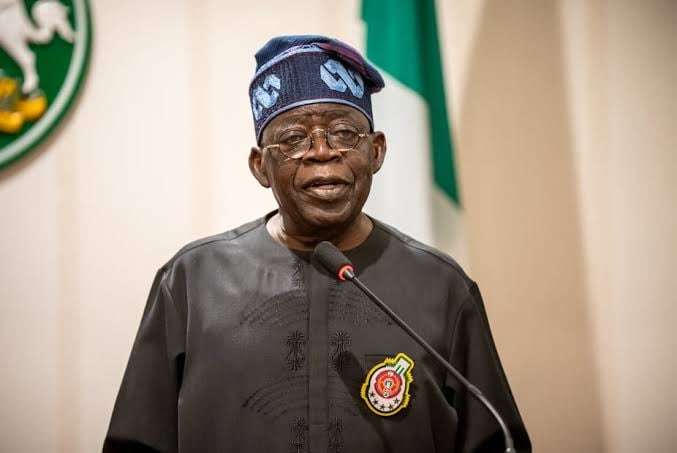
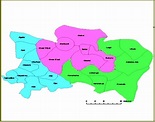
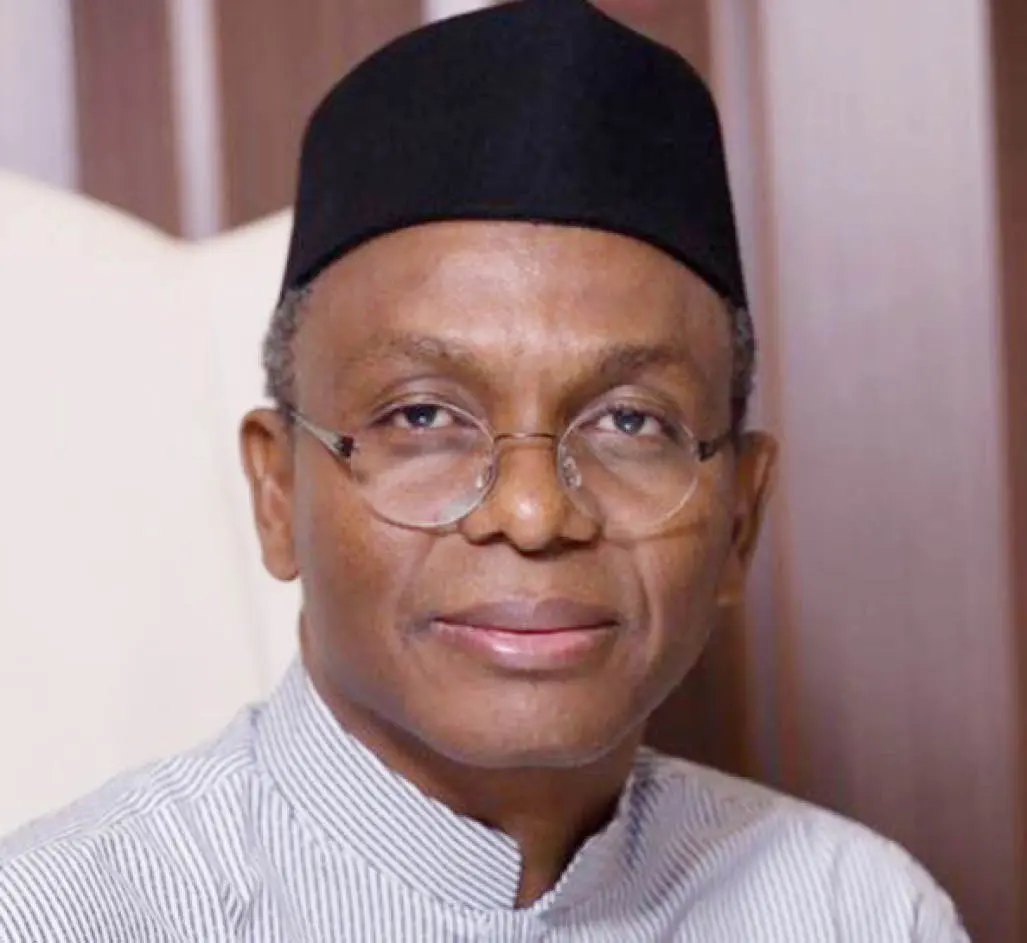
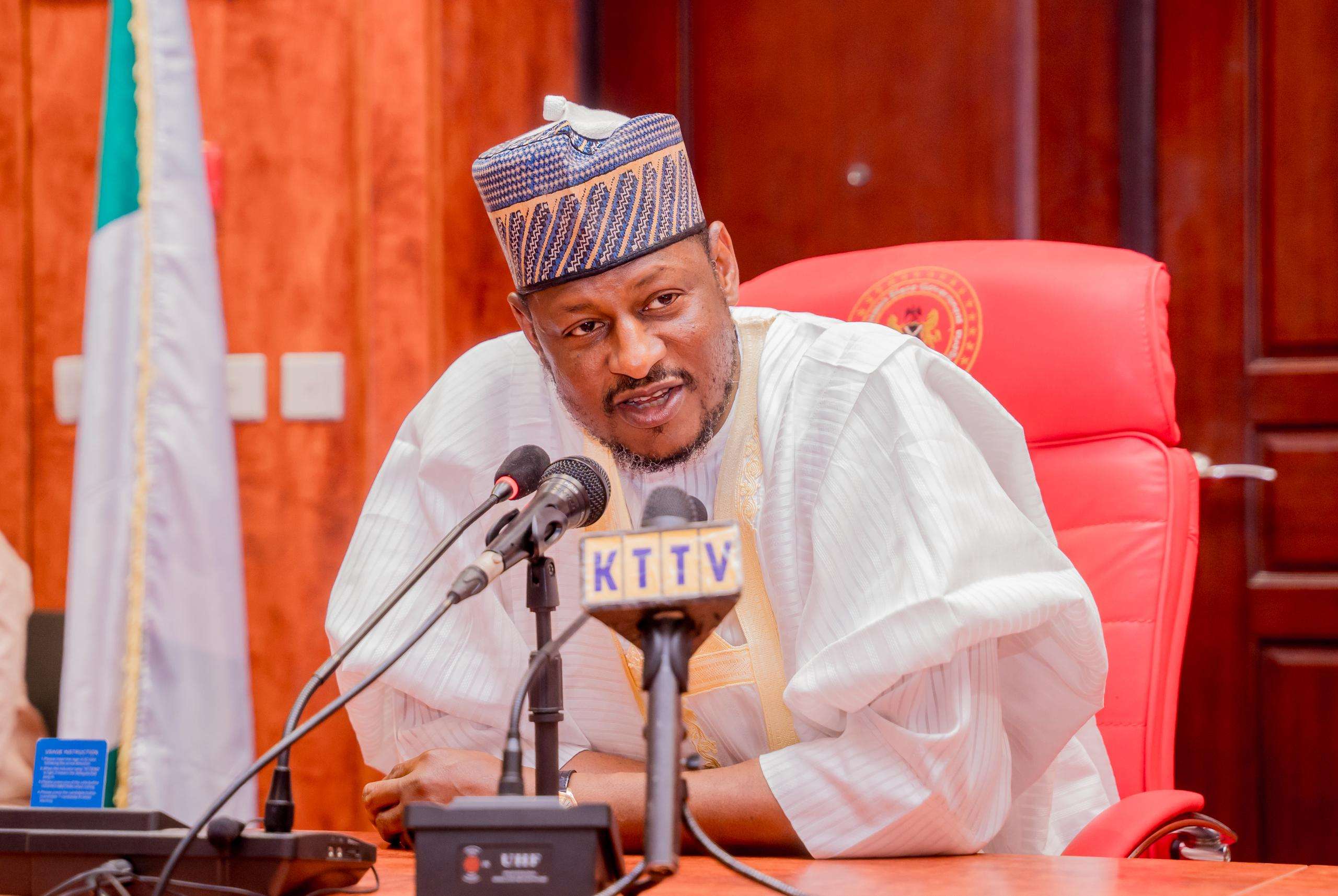



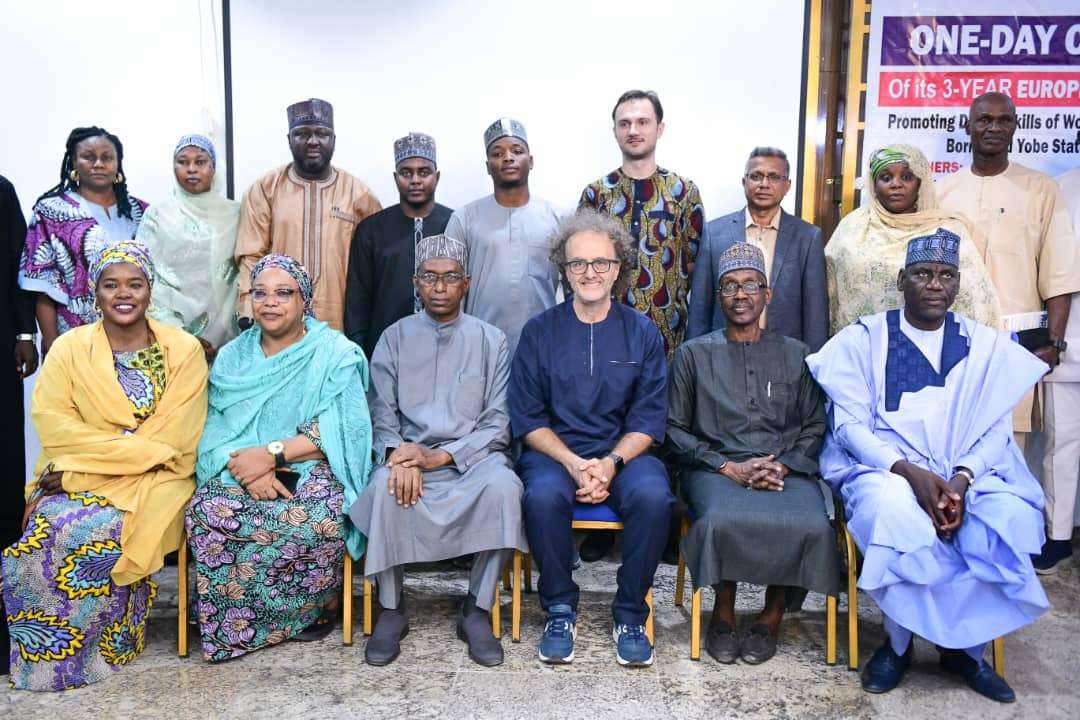
4 Responses
Hmm it seems like your site ate my first comment (it was super long) so I guess I’ll just
sum it up what I wrote and say, I’m thoroughly enjoying your
blog. I too am an aspiring blog blogger but I’m still
new to everything. Do you have any tips and hints for first-time blog writers?
I’d definitely appreciate it.
My webpage … 國產 av
This website was… how do you say it? Relevant!! Finally I’ve found something that helped me. Many thanks!
https://kanav.so
I don’t even know how I ended up here, but I thought this post was great. I don’t know who you are but definitely you are going to a famous blogger if you aren’t already 😉 Cheers!
https://www-winpot.com
Hurrah! In the end I got a webpage from where I know how to truly take useful data concerning my study and knowledge.
https://kanav.so